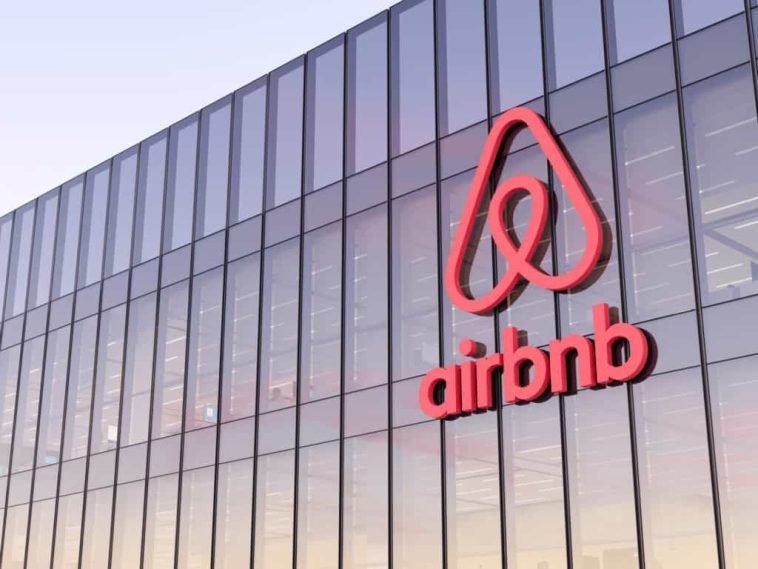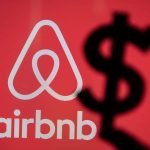Introduction.
Owning an Airbnb property is more than just setting up a spare room or vacation home online—it’s an investment that can bring consistent passive income, tax benefits, and even the flexibility of having your own space available when you want. But there’s a lot more to it than simply listing a property on Airbnb.
I’ll go through the steps to take if you’re considering investing in an Airbnb property, covering everything from choosing the right location to understanding the tax implications, and even the day-to-day responsibilities that come with being a host.
By the end of this guide, I hope you’ll have a good understanding of whether Airbnb ownership is right for you and how to start strong if you decide to take the leap.
What Does Owning an Airbnb Property Entail?
At its core, owning an Airbnb property involves buying or converting a property specifically to rent it out on Airbnb or similar platforms. This can be anything from a single apartment to a full-size vacation home. You manage bookings, cleaning, maintenance, and guest interactions—or you might choose to hire a property manager if you’d rather keep things hands-off.
Why Invest in Airbnb?
Short-term rentals have become a popular alternative to traditional real estate investment because they often offer higher returns. In tourist-heavy areas, an Airbnb can make more in one week than a traditional rental might in a month.
For instance, some Airbnb owners report earning between $15,000 to $30,000 annually from a single property, depending on the location and seasonality of the property.
How Do I Own an Airbnb Property?
1. Decide on Your Investment Budget.
Before jumping in, determine how much you’re willing to invest. Your budget will dictate a lot, from the location of the property to its size and amenities. Keep in mind:
- Down Payment: Typically around 15-25% for investment properties.
- Furnishing and Renovation: Even simple updates can add up.
- Operating Costs: Cleaning, maintenance, utilities, and listing fees.
Budget realistically, allowing some cushion for unexpected expenses and fluctuations in bookings.
2. Research Location Carefully.
A property’s location can make or break its success as an Airbnb. Ideal Airbnb locations are generally tourist-friendly, have a strong local economy, and have a shortage of hotels or traditional lodging.
Check sites like Airbnb’s market data tool, AirDNA, for insights into demand, occupancy rates, and average nightly prices in potential areas.
Top factors to consider:
- Tourist Attractions: Properties near beaches, landmarks, and national parks tend to have high demand.
- Local Regulations: Some cities, like New York and San Francisco, have strict regulations on short-term rentals.
- Seasonality: Ski resorts and beach towns may only bring in revenue during specific seasons.
3. Consider Financing Options.
After setting a budget and narrowing down a location, explore financing options. Investment loans for Airbnb properties may require a higher down payment and can have higher interest rates. Some common choices are:
- Conventional Loans: Best for long-term investment plans.
- Vacation Property Loans: Specialized loans that may have unique requirements for Airbnb.
- Cash Purchase: Ideal if you can afford it, as it removes monthly payments and interest.
4. Legal and Tax Considerations.
Short-term rentals are regulated differently depending on the city or state. Investigate local laws and restrictions for Airbnb, as some locations may ban or limit short-term rentals altogether.
From a tax perspective, Airbnb income is generally taxable, and you’ll likely need to pay self-employment taxes. However, many Airbnb owners can deduct expenses such as property management fees, cleaning costs, utilities, and mortgage interest.
5. Create a Unique and Comfortable Space.
Guests have high expectations for Airbnb, and creating a comfortable, unique environment can lead to positive reviews and repeat bookings. Here are some tips for optimizing your space:
- Quality Furnishings: Invest in comfortable furniture, quality bedding, and amenities like coffee makers or smart TVs.
- Themed Décor: A unique style can make your listing memorable and attract more guests.
- Professional Photos: High-quality photos make a huge difference in how your listing appears online.
6. List and Market Your Property.
Once your property is ready, it’s time to list it. When creating an Airbnb listing, focus on what makes your property unique and appealing:
- Detailed Descriptions: Highlight key amenities and nearby attractions.
- Pricing Strategy: Be competitive but not undervalued. Consider seasonal pricing adjustments.
- Prompt Responses: Airbnb rewards responsiveness, and quick replies help build guest confidence.
Pros and Cons of Owning an Airbnb Property
Pros
- Potentially Higher Income: In high-demand areas, Airbnb can bring in more income than long-term rentals.
- Flexibility: Owners can block off dates to use the property themselves.
- Tax Deductions: Hosts can deduct expenses related to the property, including utilities, repairs, and even property management fees.
Cons
- Seasonal or Unpredictable Income: Locations dependent on tourist seasons can see drastic variations in occupancy.
- Maintenance and Upkeep: Increased guest turnover means higher cleaning and repair costs.
- Regulatory Risk: Some areas restrict short-term rentals or require hosts to pay additional taxes.
Frequently Asked Questions (FAQs)
Q: Do I need a business license to operate an Airbnb?
A: This depends on the location. Some cities require a license, and others don’t. Check with your local authorities for specific requirements.
Q: Can I manage the property remotely?
A: Yes, but it requires a bit of setup. Consider hiring a property management company to handle guest communication, cleaning, and maintenance if you plan to manage it remotely.
Q: How much can I make from an Airbnb property?
A: Income varies widely based on location, demand, and how often you rent the property. Sites like AirDNA offer income estimates for different markets, which can be helpful for gauging potential earnings.
Q: What should I include in my Airbnb property to get good reviews?
A: Basics like clean linens, towels, and quality furniture are a must. Adding touches like a welcome basket, local recommendations, and free Wi-Fi also goes a long way in guest satisfaction.
Conclusion
Owning an Airbnb property can be a rewarding and profitable venture, but it’s essential to go in with a clear understanding of the responsibilities and challenges involved.
By doing your research, carefully selecting a location, and making your property stand out, you’ll set yourself up for success in the short-term rental market.
So, do you think Airbnb hosting is a good investment for you?





GIPHY App Key not set. Please check settings